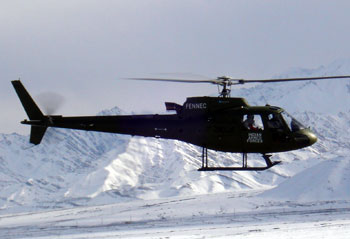INDIAN ARMED FORCES CHIEFS ON OUR RELENTLESS AND FOCUSED PUBLISHING EFFORTS

The insightful articles, inspiring narrations and analytical perspectives presented by the Editorial Team, establish an alluring connect with the reader. My compliments and best wishes to SP Guide Publications.

"Over the past 60 years, the growth of SP Guide Publications has mirrored the rising stature of Indian Navy. Its well-researched and informative magazines on Defence and Aerospace sector have served to shape an educated opinion of our military personnel, policy makers and the public alike. I wish SP's Publication team continued success, fair winds and following seas in all future endeavour!"

Since, its inception in 1964, SP Guide Publications has consistently demonstrated commitment to high-quality journalism in the aerospace and defence sectors, earning a well-deserved reputation as Asia's largest media house in this domain. I wish SP Guide Publications continued success in its pursuit of excellence.
- Indian Air Force Aims for Full Indigenous Inventory by 2047 — Air Chief Marshal A.P. Singh
- General Upendra Dwivedi takes over as the Chief of the Army Staff
- Rajnath Singh assumes charge as Defence Minister for the second consecutive term
- Admiral Dinesh K. Tripathi assumes Command of the Indian Navy as 26th Chief of the Naval Staff
- Prime Minister witnesses 'Bharat Shakti' – a Tri-Services Firing and Manoeuvre Exercise in Pokhran, Rajasthan
Light Helicopter acquisition scrapped, to be re-tendered
 August 29, 2014: For the second time, the Indian government has decided to scrap the 197 reconnaissance and surveillance helicopter (RSH) programme, announcing that a new tender will be issued under fresh guidelines, keeping the competition largely Indian under the 'Buy & Make' route. In effect, this will involve an Indian company or consortium entering into a joint venture with a foreign aircraft major to first buy and then manufacture the helicopters in India with a certain degree of Indian systems on board. The decision is a setback to Airbus Helicopter (formerly Eurocopter) which has now suffered a near win and eleventh-hour scrapping twice in the same competition. The first attempt fell through in 2007 following allegations of deviations in the field evaluation trials. This time the deal was apparently sunk as a result of parallel investigations into the AgustaWestland deal revealing the possible use of corrupt practices by a serving Army officer to influence the first attempt of the deal.
August 29, 2014: For the second time, the Indian government has decided to scrap the 197 reconnaissance and surveillance helicopter (RSH) programme, announcing that a new tender will be issued under fresh guidelines, keeping the competition largely Indian under the 'Buy & Make' route. In effect, this will involve an Indian company or consortium entering into a joint venture with a foreign aircraft major to first buy and then manufacture the helicopters in India with a certain degree of Indian systems on board. The decision is a setback to Airbus Helicopter (formerly Eurocopter) which has now suffered a near win and eleventh-hour scrapping twice in the same competition. The first attempt fell through in 2007 following allegations of deviations in the field evaluation trials. This time the deal was apparently sunk as a result of parallel investigations into the AgustaWestland deal revealing the possible use of corrupt practices by a serving Army officer to influence the first attempt of the deal.





